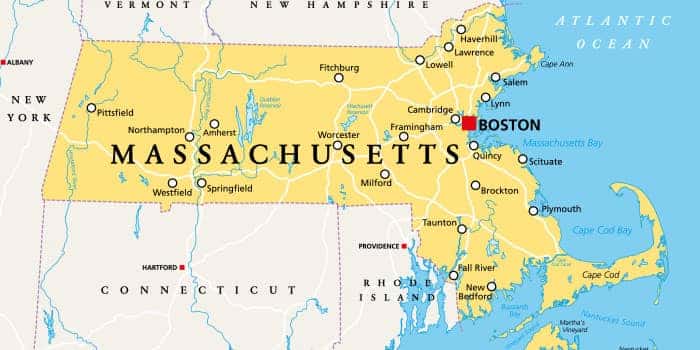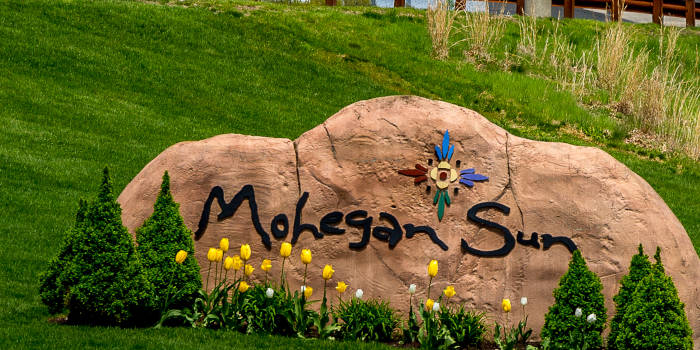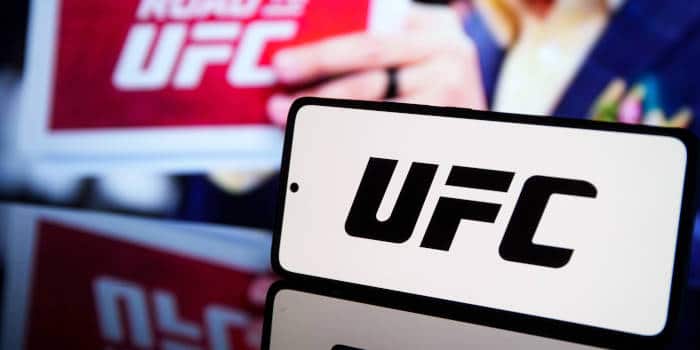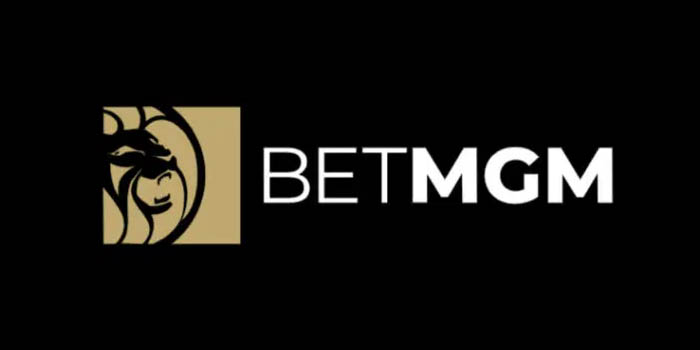- Casino
- By State
- Alabama
- Alaska
- Arizona
- Arkansas
- California
- Colorado
- Connecticut
- Delaware
- Georgia
- Florida
- Hawaii
- Idaho
- Illinois
- Indiana
- Iowa
- Kansas
- Kentucky
- Louisiana
- Maine
- Massachusetts
- Maryland
- Michigan
- Minnesota
- Mississippi
- Missouri
- Montana
- Nebraska
- Nevada
- New Hampshire
- New Jersey
- New Mexico
- New York
- North Carolina
- North Dakota
- Ohio
- Oklahoma
- Oregon
- Pennsylvania
- Rhode Island
- South Carolina
- South Dakota
- Tennessee
- Texas
- Utah
- Vermont
- Virginia
- Washington
- West Virginia
- Wisconsin
- Wyoming
- By State
- Slots
- Poker
- Sports
- Esports
Massachusetts Thrashes Out New Affiliate Rules
Massachusetts has launched online sports gambling on Friday, March 10. Since then, one question has been on regulators’ mind – how to formulate affiliate partnerships

The Massachusetts Gaming Commission (MGC) has reached a final solution this week after executive members decided that affiliates would not be able to enter into revenue-sharing agreements with regulated operators in the market.
No Revenue-Sharing Deal for Affiliates in Massachusetts
The reason behind this, executives explained, was that the scheme depended on consumers losing money and it undermined the safe and responsible gambling practices the Bay State was trying to encourage.
Essentially, a revenue-sharing agreement means that an affiliate who “converts” a consumer into a paying customer will get a percentage of said consumer’s losses in perpetuity. This, while the status quo in many states and jurisdictions, will not be the case in Massachusetts.
Rather, the commission will only allow affiliate partnerships that depend on the cost-per-acquisition model, a much less attractive scheme that is often considered the worst option for affiliates, but not so much for operators.
In a cost-per-acquisition affiliate partnership, the operators will pay a fee to the affiliate who has brought in a depositing consumer outright. This fee will be only paid once. Moving forward, all updates regarding the affiliate agreements in the Bay State have been updated to properly reflect this.
Affiliates will simply not be entitled to a percentage of the revenue earned from customers that they have helped bring to the sportsbook. Sports betting is going strong in Massachusetts with DraftKings, FanDuel, BetMGM, Caesars Sportsbook, WynnBet, and Barstool Sportsbook all licensed and already catering to local bettors in the market.
The clarification in the affiliate schemes comes at a time when the United States is taking a much closer look at how gambling products are advertised, especially in states which have launched commercial online gambling.
Massachusetts Remains Vigilant Over Regulated Gambling Industry
Massachusetts is the 24th such state. The American Gaming Association has just issued an update to its Responsible Advertising Code, seeking to better protect college-aged audiences and eliminate the use of “risk-free” promotional materials used by affiliates and sportsbooks.
The MGC has been busy in the meantime, sorting out regulatory action against some of the state’s operators, with b and WynnBet accused of accepting illegal college sports bets and agreeing to settle with the regulator earlier this year. The sportsbooks have admitted hope and have promised to remedy the situation and ensure that their internal systems are fine-tuned to avoid such illegal bets from taking place in future.
Related Topics:
Although Fiona doesn't have a long-spanning background within the gambling industry, she is an incredibly skilled journalist who has built a strong interest in the constantly growing iGaming network. The team at Gambling News is glad to have her on our roster to help deliver the best stories as soon as they hit. Aside from writing, she loves to dabble in online casino games such as slots and roulette, both for her own enjoyment and also as research to better improve her understanding of the industry.
Must Read
More Articles



Sports
July 10, 2025
NJ Bans Sportsbook Deals With Public Colleges

Casino
July 10, 2025
Mohegan Sun Guest Wins $2M Gambling in Spanish 21















